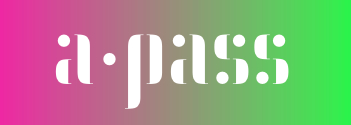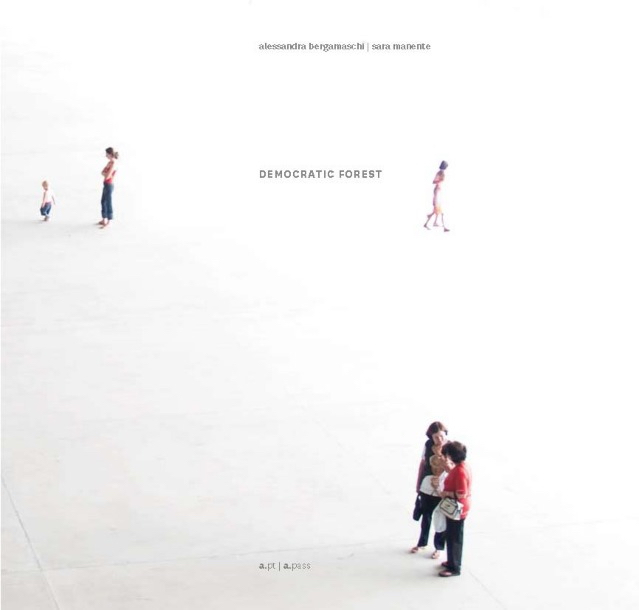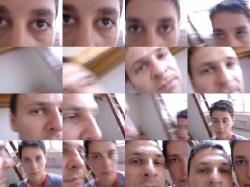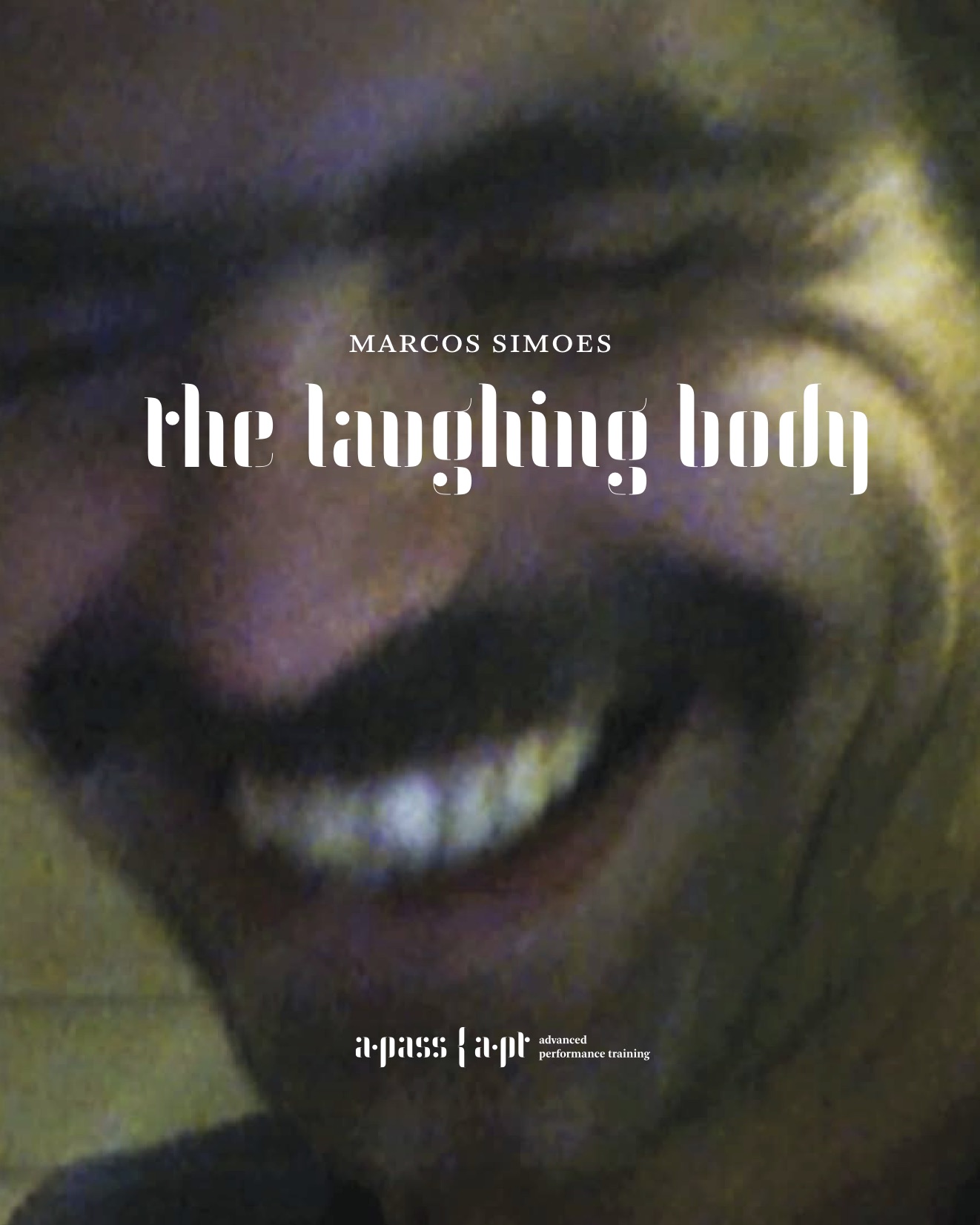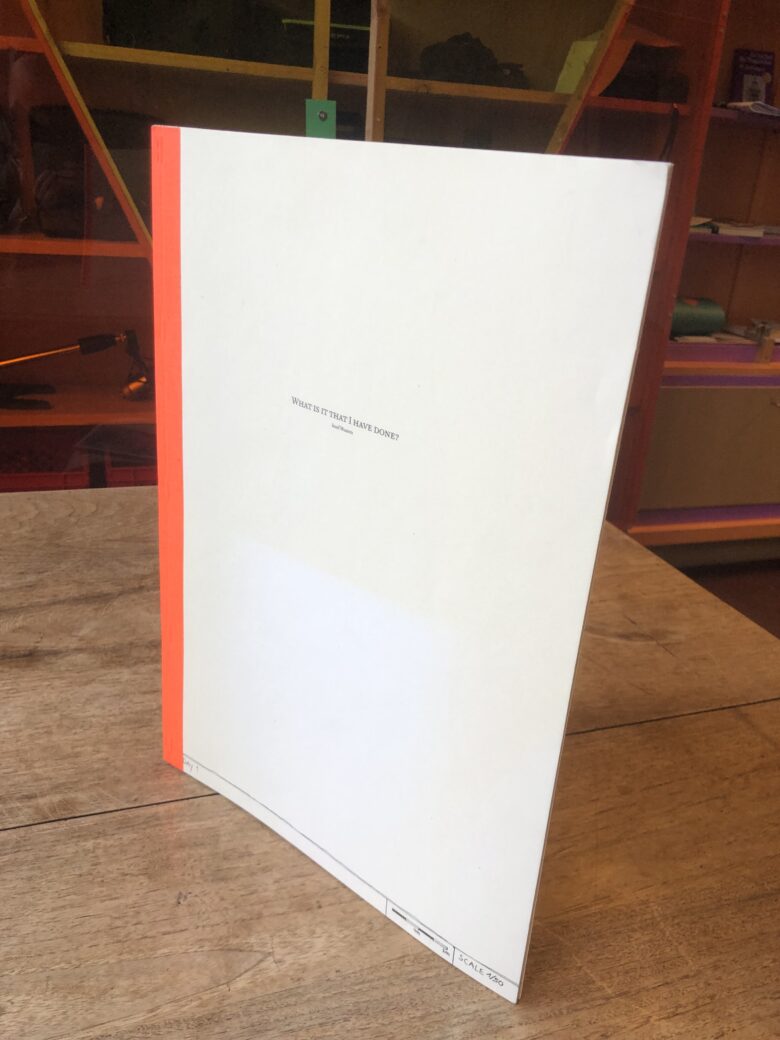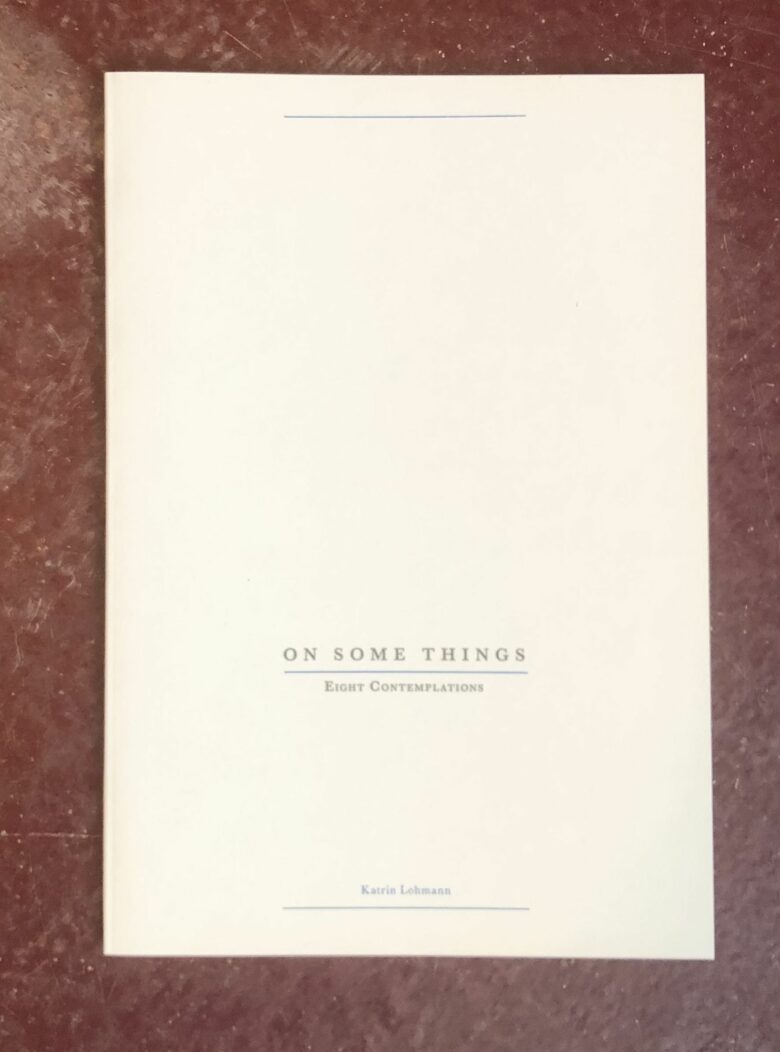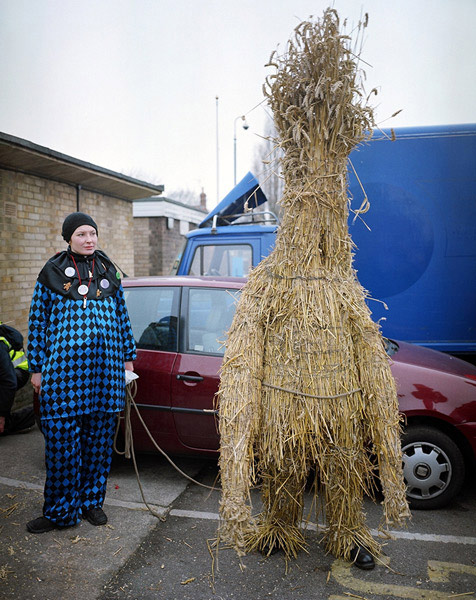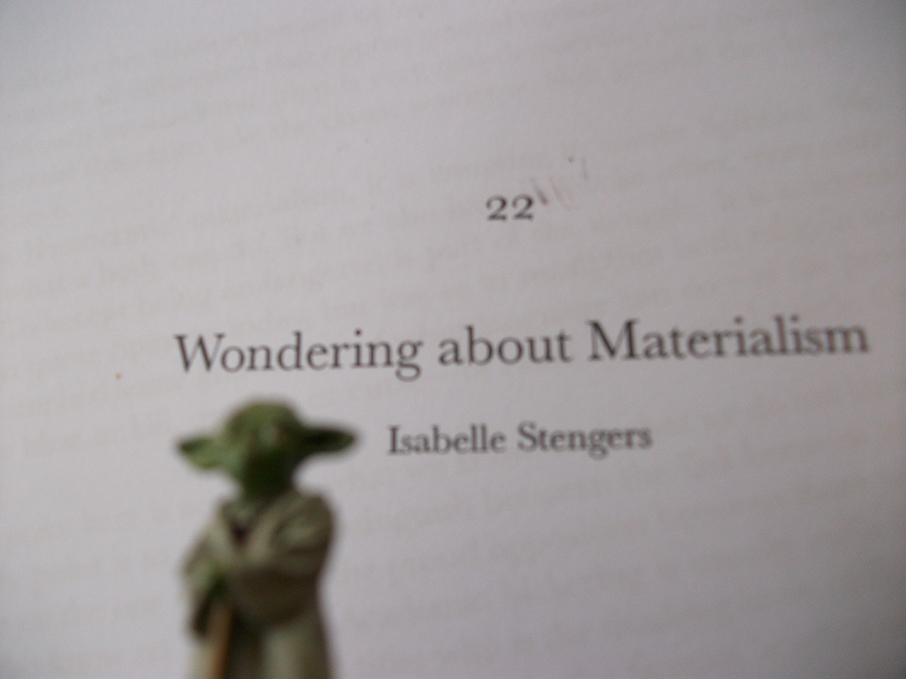research center
Elke van campenhout tools for research
1 January 2011
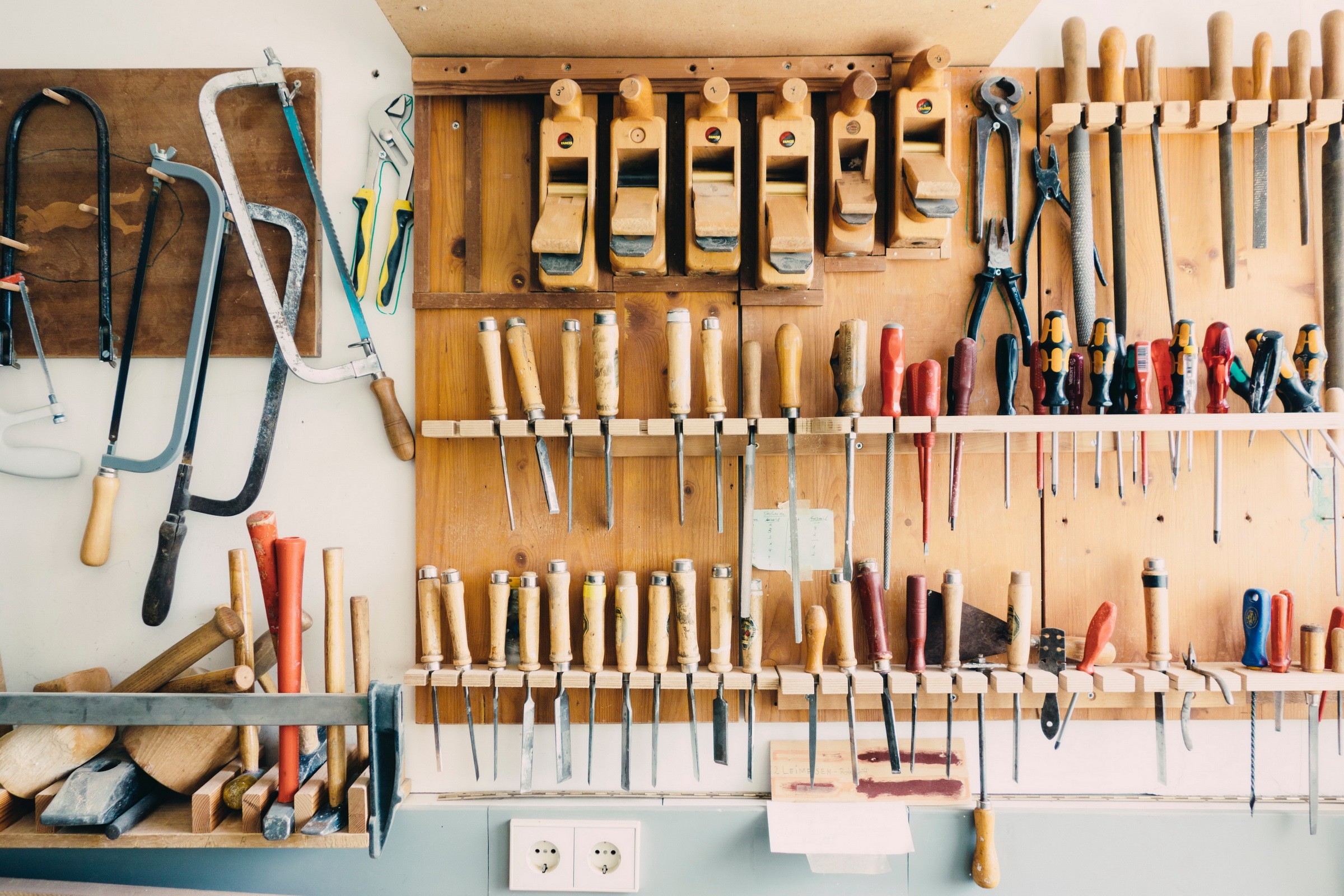
resarchtools1
Thinking about tools in the research environment of a.pass is a tricky ‘thing’. When we think about tools in everyday language, we think about ‘things that do something’. But not whatever. Tools are things that have their function inscribed in them, that are optimized for achieving a certain goal, like the radically specified instruments IKEA offers you in its DIY packages. In an artistic research environment the question thus to ask in the first place is: what kind of tools do we need to do what we do?
In a recent conference a.pass organized under the title ‘Don’t Know’, this question took central stage. Is a platform for artistic research supposed to ‘produce knowledge’, as the current politics in arts and education seem to suggest. Is artistic research actually a veiled normative restriction to the messiness of the arts practices in general? A field within the arts where the outcome is supposed to be communicable, replicable, usable in other domains? For me this question of demanded outcomes and, accordingly, of fitting tools is a complicated one. Very often the categorizations used in the arts reveal their own limitations rather than open up clearly defined fields of knowledge.
In that sense we might argue that art (and artistic research) does not in the first instance produce knowledge, but that the arts keep on opening up the cracks in our systems of understanding: mislaying the knowledge that in the gridlocked pre-defined contexts that define our society can only be understood according to the conventions of the discourses (be they political, aesthetic, psychological, …) the knowledge ‘belongs’ to. When speaking about artistic research, would it then not seem more appropriate to talk about ‘knowledge processing’ instead of ‘knowledge production’? Art as a game of misplacing informations rather than creating ‘new’ ones? Research as a process assembling and reassembling bits and pieces of knowledge, opening up perspectives, rather than formerly uncharted territories? And does this in a lot of ways not echo a contemporary understanding of knowledge in a wider context than the arts? If we embrace this hypothesis, this move from understanding artistic research as a field for ‘knowledge production’ to that of ‘knowledge processing, mislaying, misunderstanding’, we have to rethink our tools accordingly.
For one, I don’t feel artistic research should be meddled up with any kind of naïve laboratory metaphor borrowed from the applied sciences: artistic research is rarely full-proof, and often the results obtained are hard to transpose to any other situation without a significant loss of contextual relevance or performative power. The same goes for the tools used in the research. Rather than the surefire tools of industry or certain branches of science, artistic research mostly makes use of ‘broken tools’, in the quasi-Heideggerian sense of the words: tools that point to themselves as much as they fulfill a specific task. If we were to set up a manual for recognizing useful tools for artistic research, I would say that rule of thumb number one could be:
IF IT TALKS BACK IT’S PROBABLY A GOOD TOOL
A tool in artistic research is never smooth and flexible. It is an artefact, a concept, a thing that resists any kind of suave usefulness. In its being-put-into-practice it never stops talking, demanding, negotiating with the researchers and demanding to be taken into account as an equal partner in the discussion. In the past years I have used mostly ‘prickly objects’: tools that when put on the table, produce irritation, a slight weariness, an uncomfortable unwillingness of the research partners to engage with it. ‘The Symptomatic Body’ for example exasperated the psycho-analytically inclined and was a constant source of misunderstanding for the performers involved. Just as my ongoing practice-based research project around ‘Critical Hope’ transformed the gallery space of my Natural History Museum of Hope unexpectedely in a bureau for social and psychological first-aid. In the last case this side-effect was not foreseen nor desired, which resulted in the tool and me saying our goodbyes at the end of the project. Which brings us to rule of thumb number two:
IF THE TOOL IS YOUR PARTNER PREPARE FOR A DYSFUNCTIONAL RELATION
The tool is never yours for the use. It comes with a logic and a performativity of its own. A tool does what it does within certain circumstances, but cannot be projected upon without a loss of its functionality. I therefore advise to take tools seriously, to listen to their concerns. A particular brand of dangerously instable tools are the metaphorical ones. Using a metaphorical tool runs the risk of your relationship running amok very quickly. A metaphor comes with so many associations, with such a complete pack of previous engagements, it doesn’t allow you a lot of projection or intimacy. Personally I can only relate to the MT by taking it literally, by ‘doing the metaphor’, and see where this brings me. Often the metaphor turns out to be inappropriate when living it, but again here the side-effects can produce unexpected, possibly valuable results.
The project tool I’m working on right now is one of these half-breeds (half-metaphor, half performative frame). ‘The Walk’ takes the idea of the mobile archive and the nomadic quality of research (as independent of a specific discipline) at heart, and takes the form of a one month walk with the researchers, walking a specific score in which every one of them develops their own research narrative, leaving traces on the way for others to pick up and reconstruct throughout the journey. The traces and the interpretations assemble and reassemble the surrounding landscape, adding a fictional layer to the territory, rendering at the same time familiar (through framing/narrativizing) and unfamiliar (through the sheer incompatibility of the traces left) the journey you are going through. In this case the tool is particularly resistent to any kind of different use. The physical demands of being on the road, sleeping outside, the limited budget, ask for a certain discipline and attitude that will influence the research results greatly. In other words: we deal here with an imposing and demanding partner with its own set of instruments (the walking score, the time restrictions, the financial limits, …) that possibly will result in pointing almost solely to itself, turning the research into the tool. An accidental transfer that for example marked a lot of the new media research projects in the 1990’s.
In other words, the tool is what makes things visible, and hides others. Taking this into account we could say that:
AN INTERESTING TOOL IS ALWAYS (PARTLY) APOPHATIC
In dealing with tools one of the most interesting things is the realization of what they do NOT produce or process: the information they cannot bring to the fore, the things they make invisible or impossible to achieve. In that sense working with different tools is also a powerful critique on what can be said where and when (as in Rancià ¨re’s partage du sensible). In an ‘advanced research project’ this critique then in turn can become part of the experimental set-up. In the after-days of the conference, for example, the a.pass researchers tried to map out the results of the talks, laying out hypotheses and conclusions, and trying to devise the appropriate tools to do so. Since a bonafide research environment always aims for an enlarged visibility and partnership, we started up a wikipedia page under the title ‘Don’t Know’ and from there on enlarged our ambition to continue with a working period constructing the (strangely enough non-existing) wikipedia page around ‘Artistic Research’. Since the limitations of the wikipedia format are what they are, though, the working process is sure to unveil more and more hiatuses in its potential to deal with the archiving question. The tool is limited and shows its limits quite quickly in this case. The work for us is thus to keep on addressing this impossible task, producing on the way more and more by-products, left-overs that cannot be dealt with (we use as instruments workshops, invite guests, case-studies of individual researches, bologna rules cc artistic research, etc…). And these materials will be used to make a publication that, for us, addresses exactly what interests us in the topic: the multi-layered, the illogical bends and turns, the disagreement in terms, the non-acceptance of some practices that the negotiated process of wikipedia’s peer-to-peer process excludes. We use the wikipedia-tool in other words to come to a better understanding of the particular field we move in, the field that as yet cannot be recuperated in a clearly informational format, that needs its temporary exclusivity to thrive.
A tool in this case works as a vehicle, an impossible destination, a black hole around which to gather, to speak, to think, to process. A tool is only a tool as long as it ‘does’ that. Its power lies in its mutuality, in its potential to create change, if allowed by its partner to do so. When falling out of grace, it loses its power to speak, it can only work when given all of our attention. When passed on its behavior is unpredictable, but then again, this instability, this demand to be heard in the specificty of the new situation, is what makes the tool a thing to reckon with.
a.pass is an artistic research environment at post-master level, open to artists and theoreticians. a.pass offers an experimental space and instruments to develop research skills in a shared and collaboratively created knowledge environment. Every researcher can translate his personal project into a tailor-made curriculum.
a.pass = a.pt + a.s + a.rc
a.pt (advanced performance training) is mainly aimed at artists and theoreticians with experience in developing work in or on the field of performance that don(t fit into a standard institutional framework.
a.s (advanced scenography) welcomes artists and theoreticians who would like to investigate the notion of scenography on and off the stage. The program offers practice-based to professionals who want to expand their thinking about scenography.
a.rc (a.pass research centre) is the place the workings of a.pass are analyzed, documented and opened up to critical debate. a.rc also functions as the platform for the development of long-term or PhD-level research within the arts.
www.apass.be
